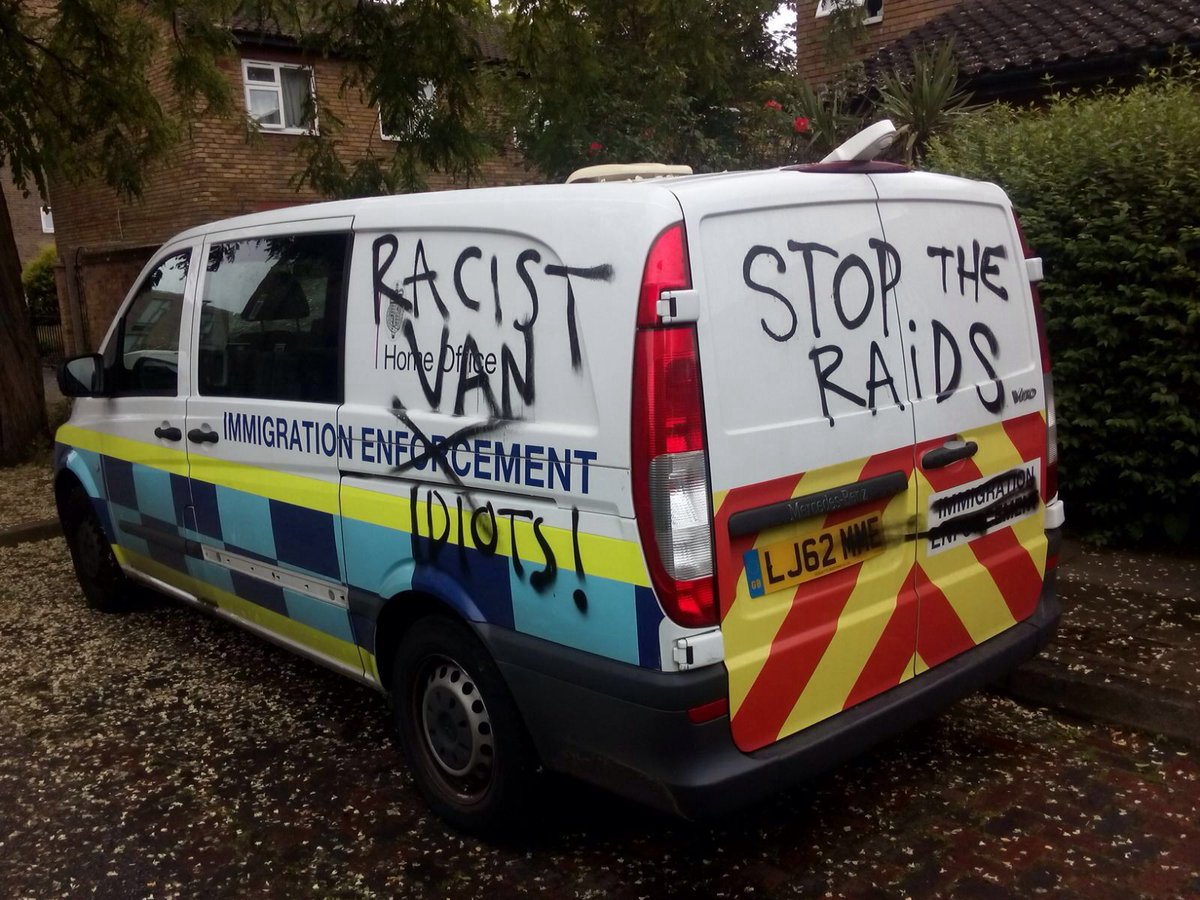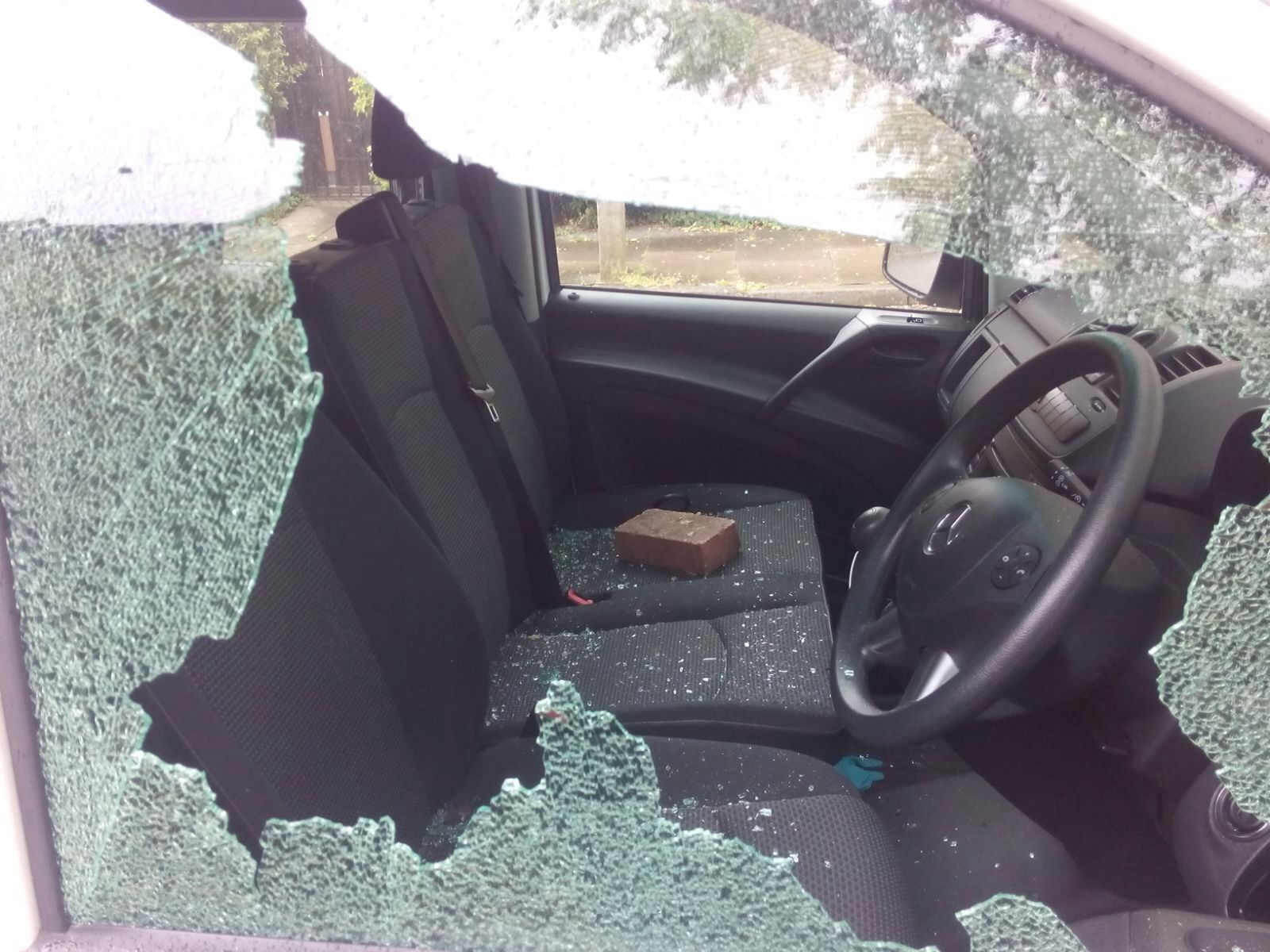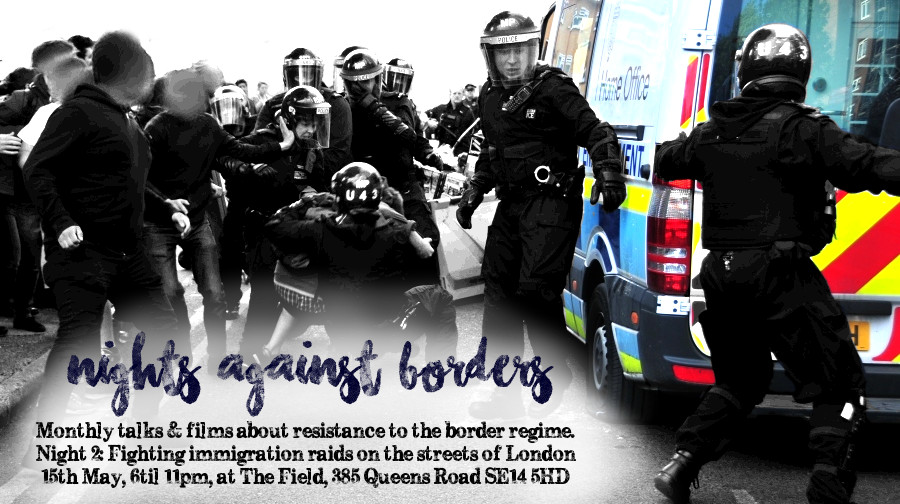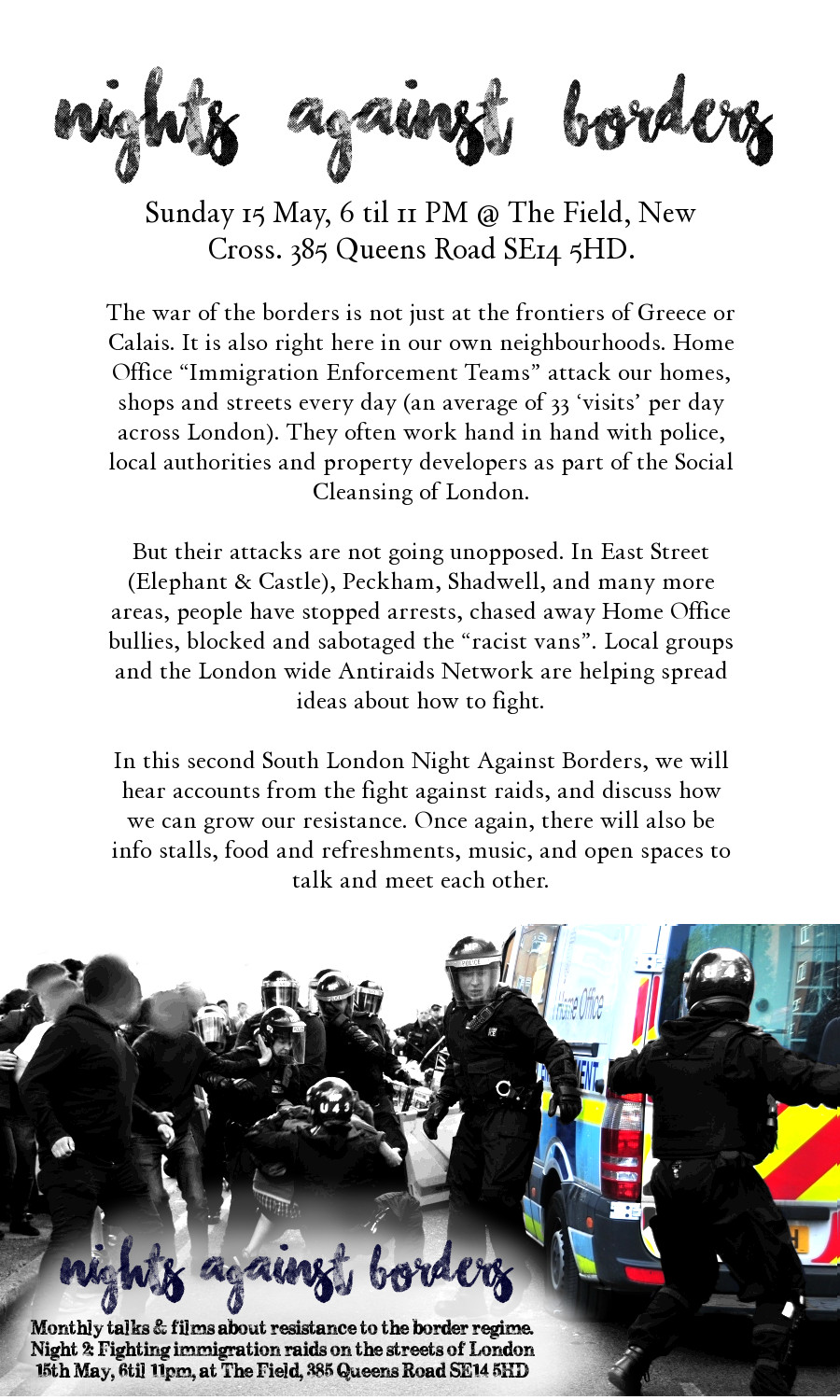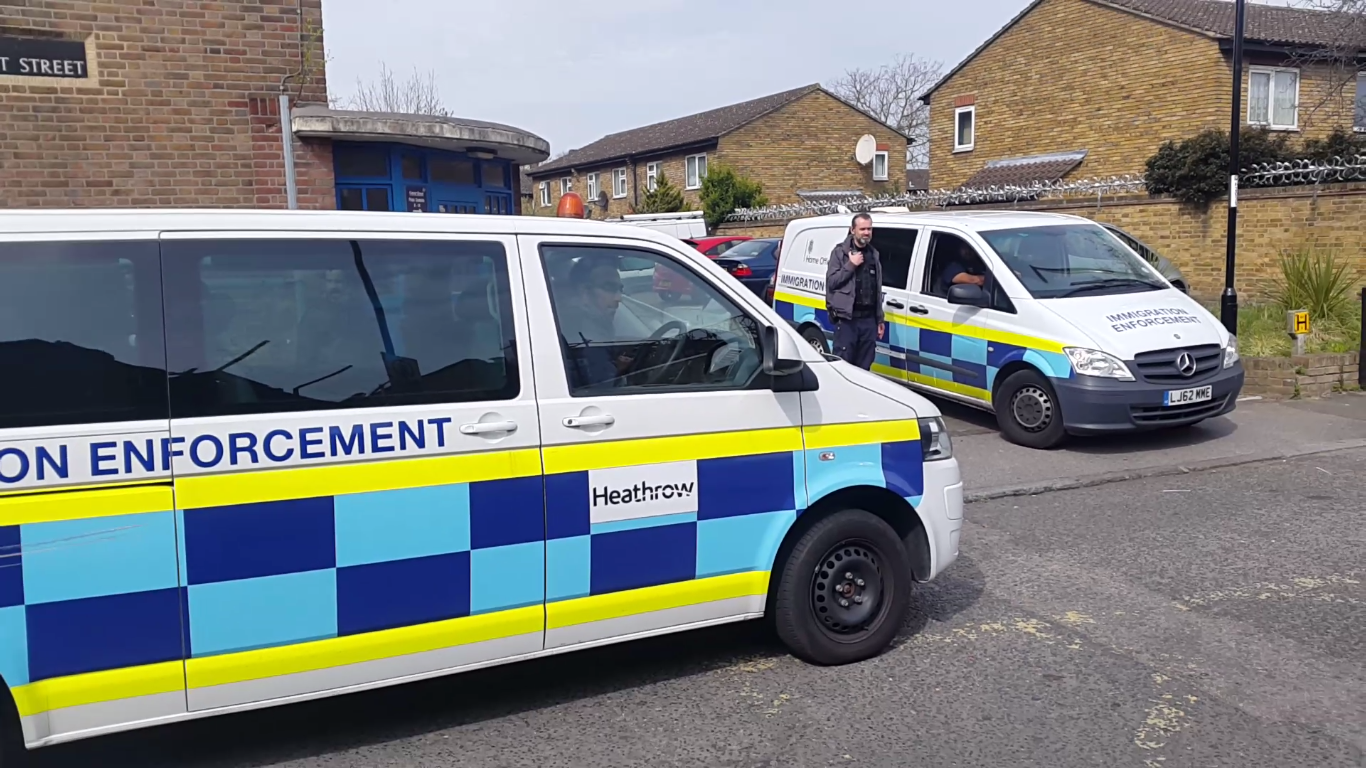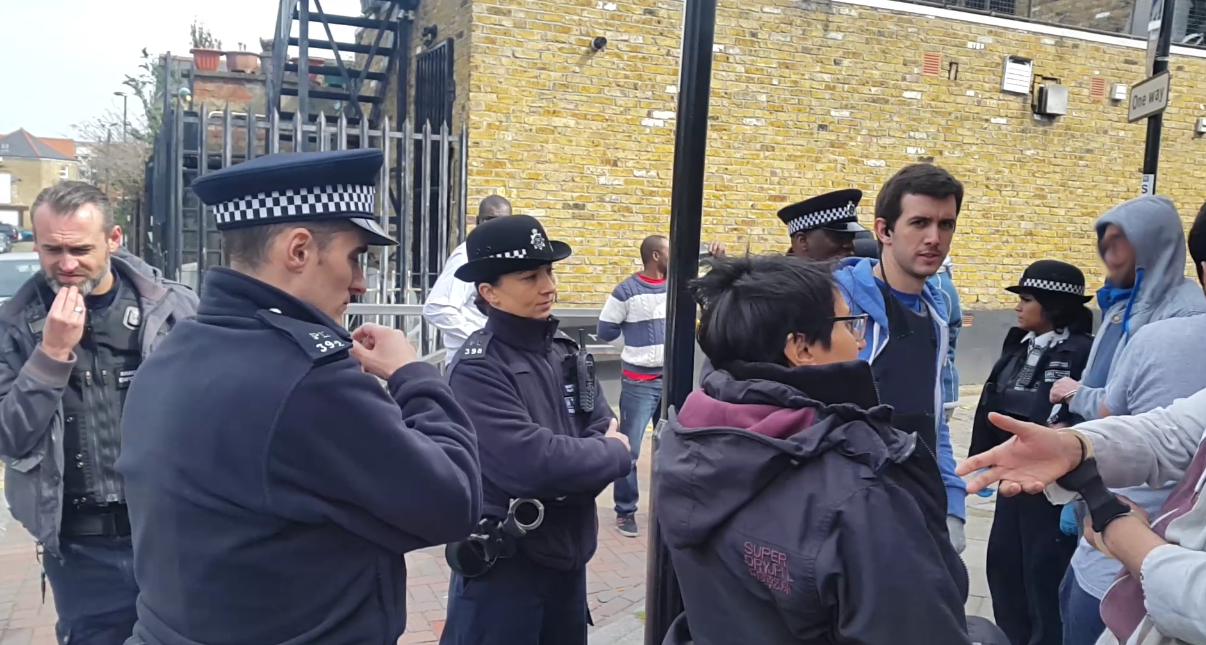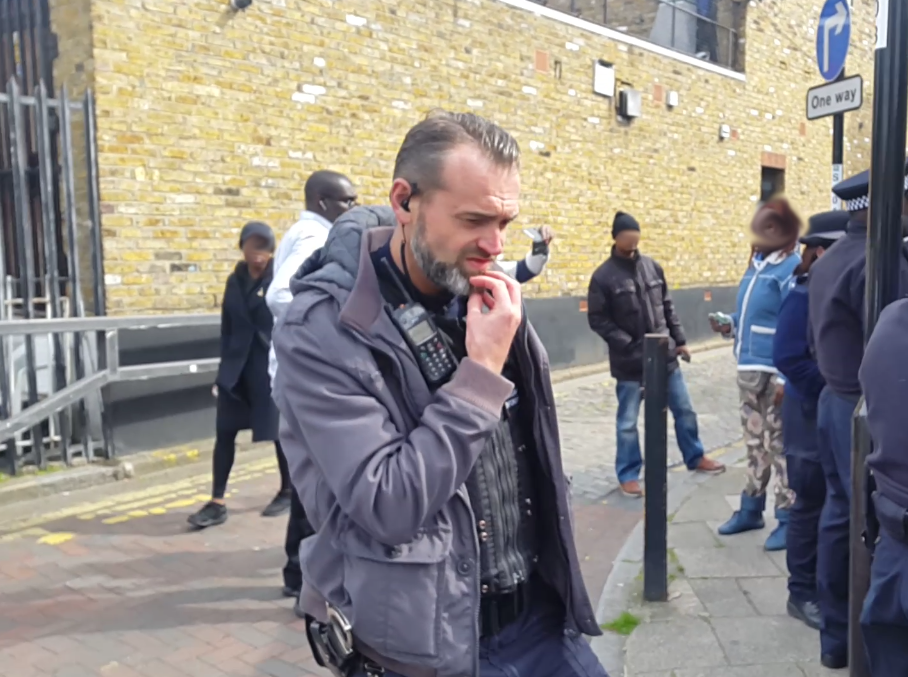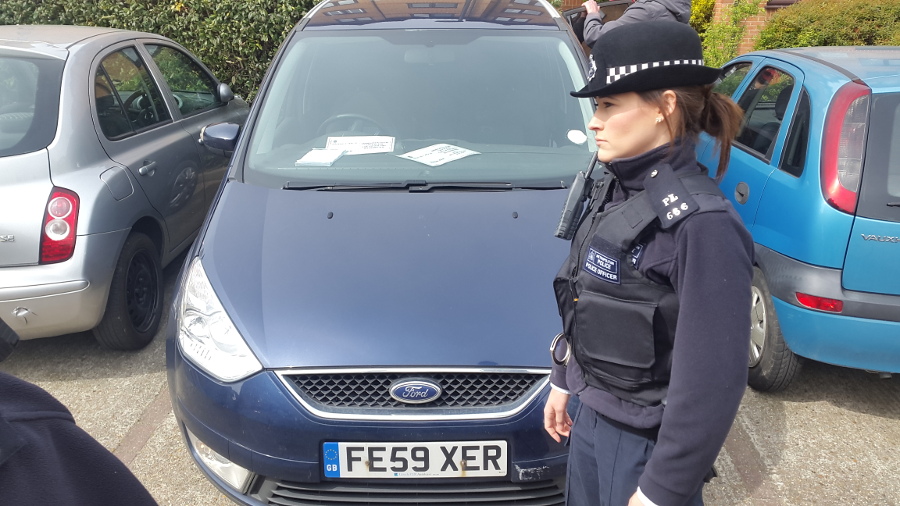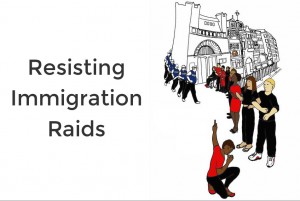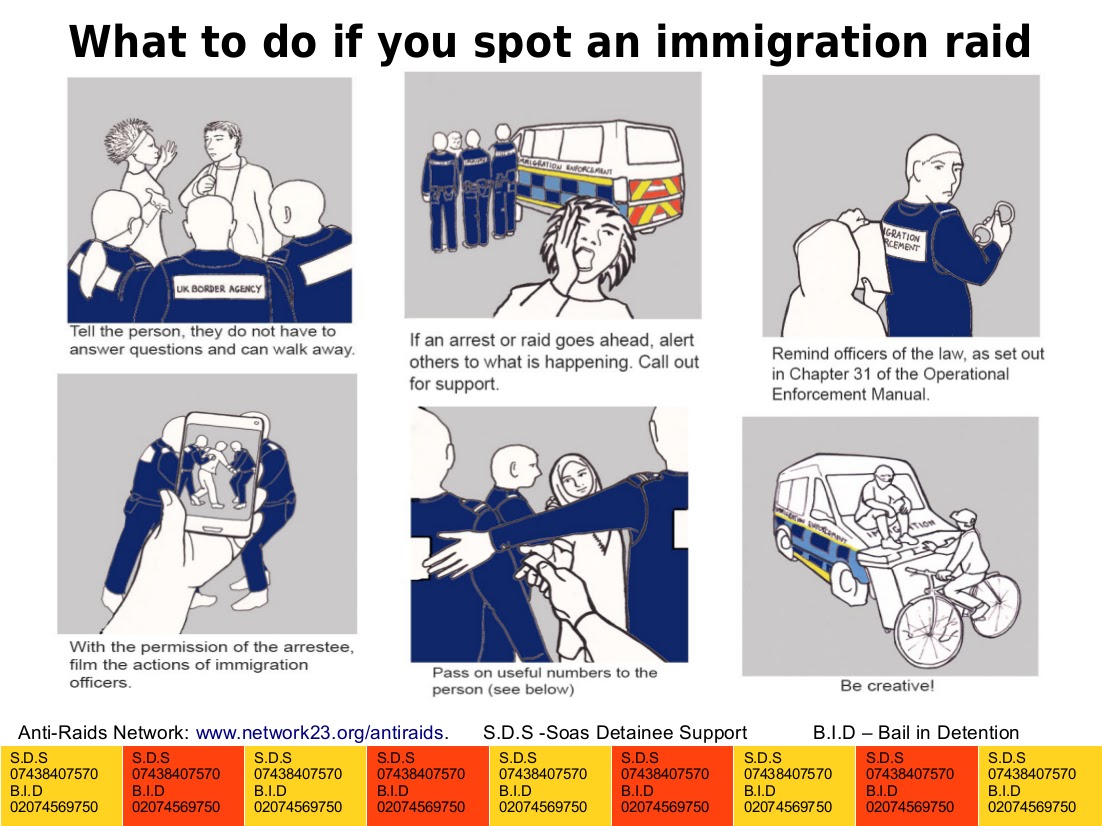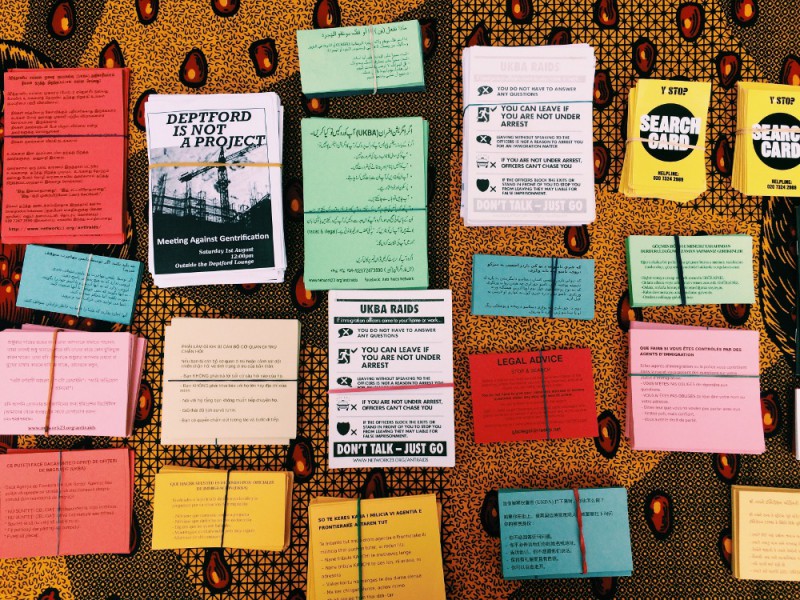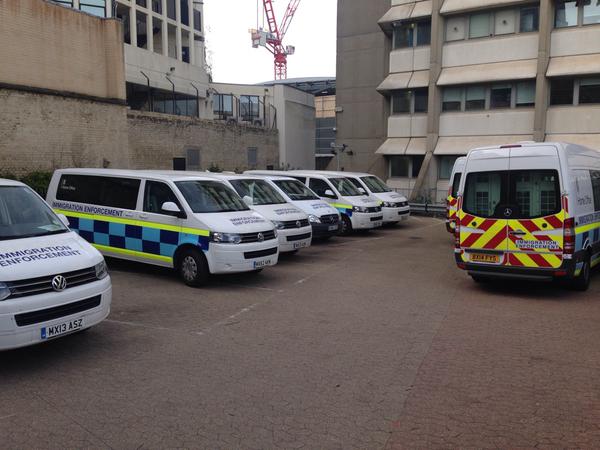
‘How the Home Office Tackles Illegal Working’ was published on 17th December by the Independent Chief Inspector of Borders and Immigration (ICIBI), David Bolt. ICIBI reports generally provide useful insight into the murky world of immigration enforcement.
Here are some of the report’s main findings and criticisms:
- Criticism was leveled at the disproportionate number of raids targeting takeaways and restaurants, due to the fact that most of the ‘intelligence’ consisted of ‘low-level allegations made by members of the public, which were lacking in detail and the reliability of which was difficult to assess.’ It said that ‘other business sectors and possibly other nationalities had been neglected by comparison.’ The Home Office responded that it was trying to ‘diversify’ its range of targets through its current project, ‘Operation Magnify’. They list care, cleaning and construction as possible sites of increased immigration enforcement in the near future.
- Bolt and his team show themselves to be big fans of the softly-softly tactics employed in ‘Operation Skybreaker’, mostly on grounds of cost effectiveness. Skybreaker was a six-month operation running from July-Dec 2014, which saw immigration officers visit businesses ‘consensually’ with a view to gathering intelligence, getting employers involved in the web of immigration control and reporting, and trying to persuade people to leave ‘voluntarily’ (ie, with financial incentives). Obvious benefits of Skybreaker lay in its friendly veneer and the fact that these visits essentially acted as reccies, allowing officers to gather information necessary to conduct full blown raids later on. Our suspicion about this was confirmed by the report. Bolt calls for the extension of Skybreaker tactics, so we can expect more of this in the year to come.
- The report details various unlawful practices by Immigration Enforcement. None of these come as any surprise given the experiences we hear from people affected by raids. The allegations of unlawful conduct include:
– coercive tactics used to question whole groups people (who are meant to be questioned ‘consensually’, and where specific individuals are suspected of being immigration offenders);
– unlawful pursuits off the premises, which the Home Office acknowledged it had done, but said it was ‘reviewing’ its pursuit policy anyway. Yep, when you’re accused of acting illegally, just change the law;
– ‘consent’ to enter a property obtained by the occupier through ‘verbal authority’ rather than written agreement. In its response, the Home Office also said that it was completely reviewing its enforcement guidance, and expected to complete this task by March 2016.
Other interesting info revealed in the report
So-called AD letters (Home Office Assistant Director internal authorisation) now appear to be a much less common means of obtaining entry to businesses. This comes after a telling-off by ICIBI in a previous report. Officers are currently relying primarily on the ‘consent’ of the occupier to gain entry (in well over 50% of cases), or on magistrates’ warrants. Consent is required in writing but evidence showed IE were relying on ‘verbal authority’.
The report found that from 2009-2014, on average, 68% of raids for illegal working result in no illegal workers being found. In these same raids, 50% of arrestees ended up being deported.
Our position
We do not want to see a reformed system of immigration enforcement; we want to see its end. This can only be achieved by building a culture of refusal to collaborate and cooperate with Immigration Enforcement, and of active solidarity with those being arrested when raids are taking place.
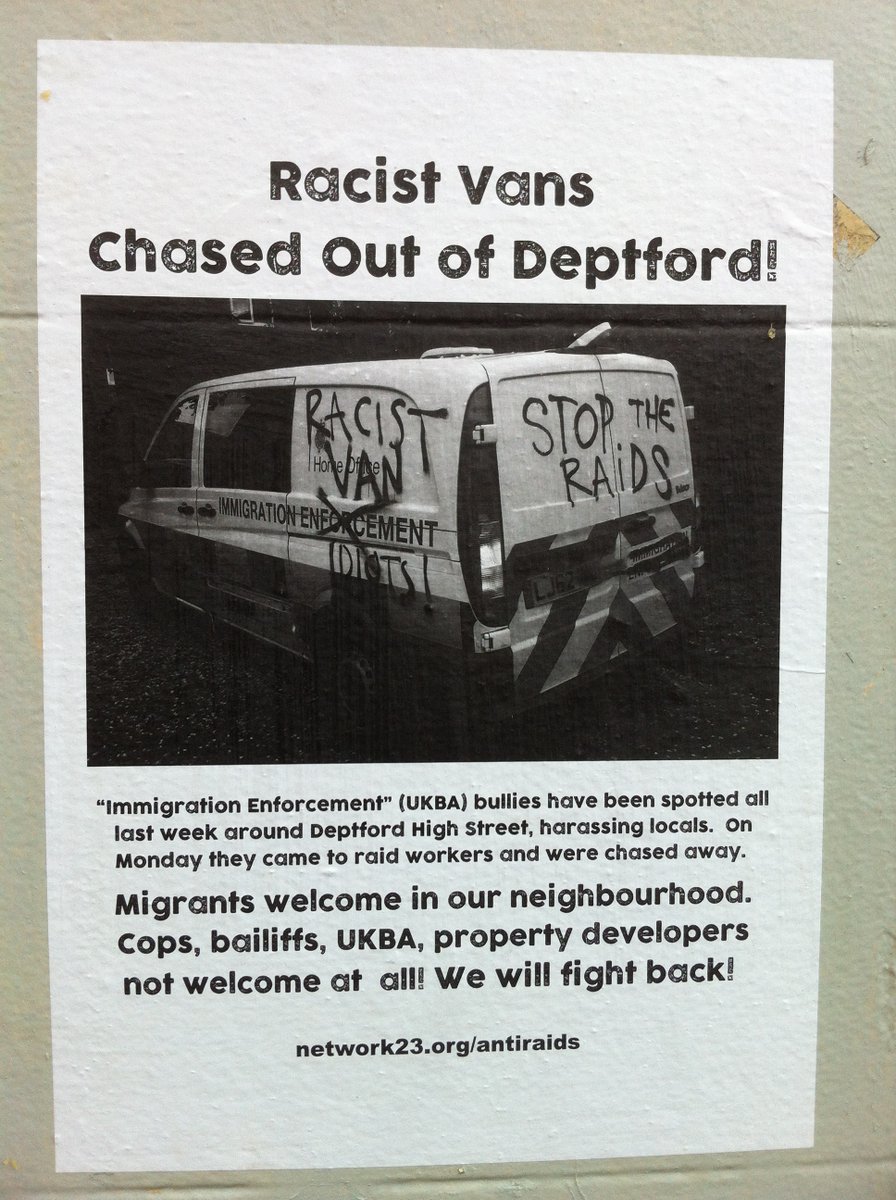 From Rabble LDN website.
From Rabble LDN website.